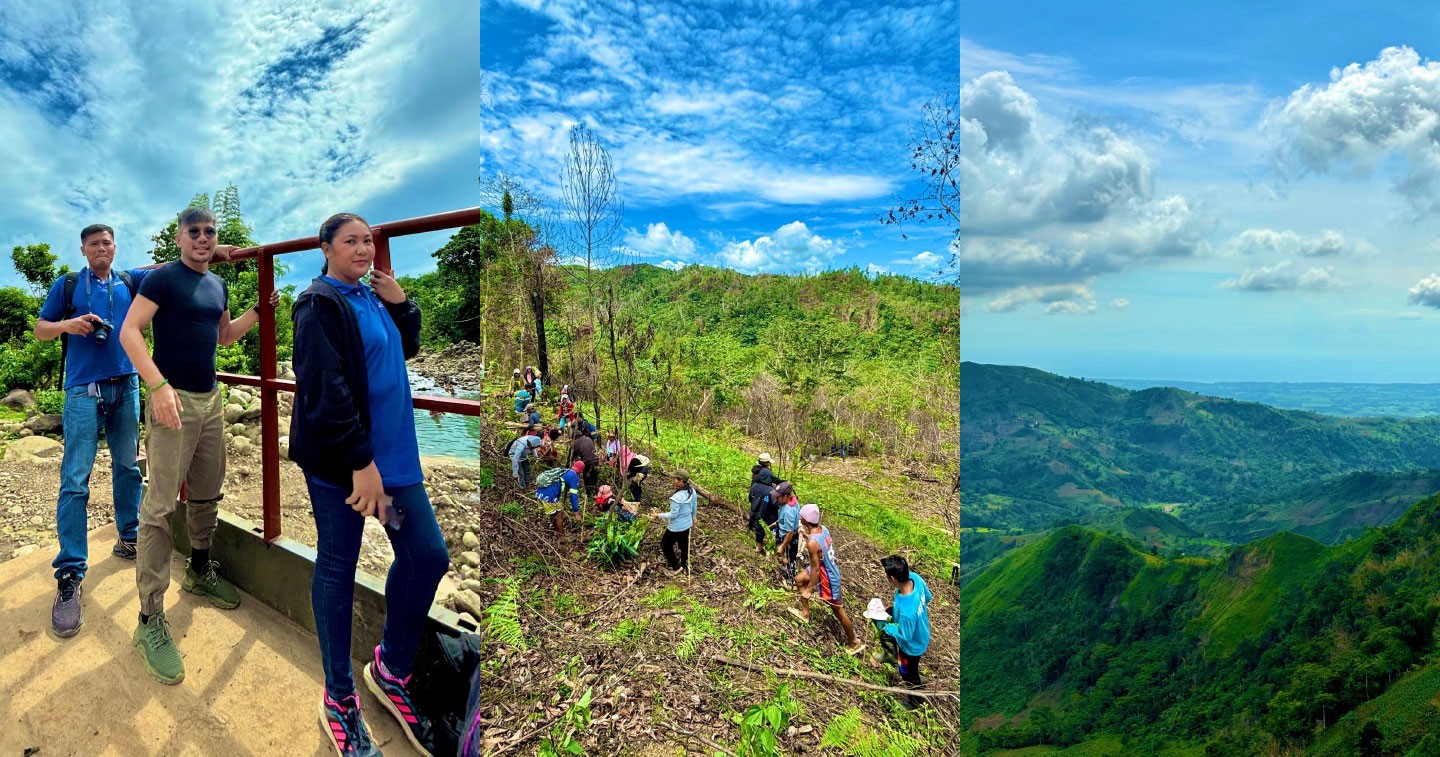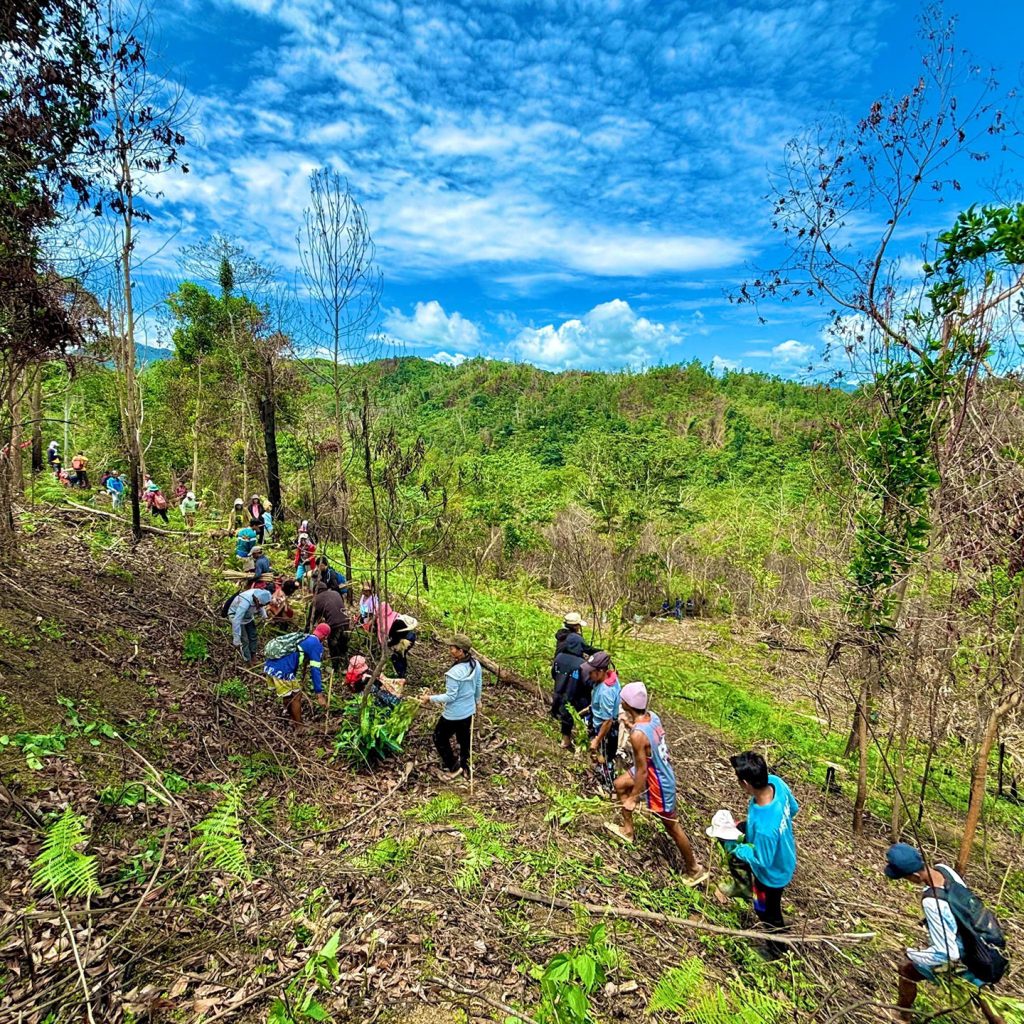
MANILA, PHILIPPINES — Cultural and arts contributor Rhadem Musawah shares their experience from a recent humanitarian mission in the Negros Island Region and explores how we can humanize our research to strengthen humanitarian efforts for the marginalized sector, like the indigenous communities in Negros.
During a recent work mission to Negros Occidental, I had the privilege of witnessing the remarkable resilience and hope of indigenous communities firsthand. One of the highlights of my trip was organizing an environmental workshop attended by 300 members of the indigenous community and witnessing the impact of the 1 million tree seedling and planting initiative spearheaded by a renewable energy company operating in the region. Various stakeholders worked together to reforest degraded areas, underscoring the importance of involving indigenous communities in environmental conservation efforts to ensure a sustainable future for all.
Having been tasked with interviewing 12 community members to evaluate our efforts in building relationships on the ground, I found myself with just two interviews remaining. These final interviewees were members of the People’s Organization, including Luzviminda, a Magahat Bukidnon indigenous mother of three, one of whom has Down syndrome.
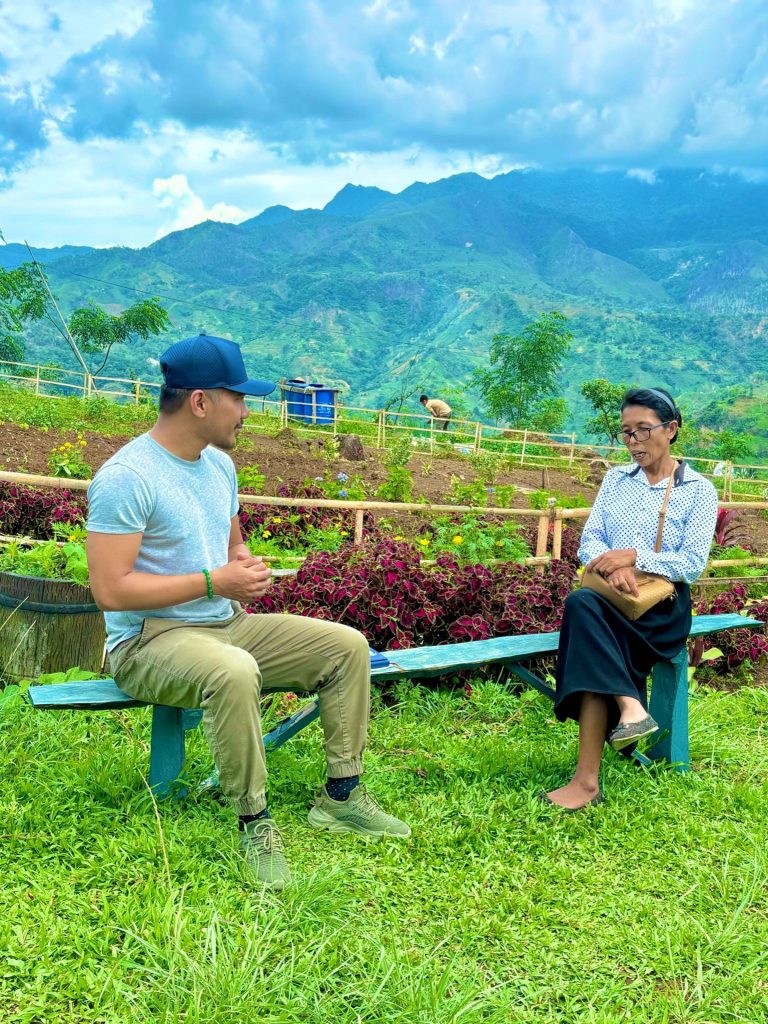
A dedicated farmer, Luzviminda played a pivotal role in selling their farm products to support the association and cooperative, which in turn assisted other farmers in her community. During our poignant conversation, Luzviminda candidly shared the challenges her community faced due to lack of government support, adverse weather conditions that destroy their crops, and societal discrimination against indigenous groups. Despite these obstacles, she and her fellow farmers proudly showcased their recent harvest, illustrating the potential they possess if provided with adequate support.
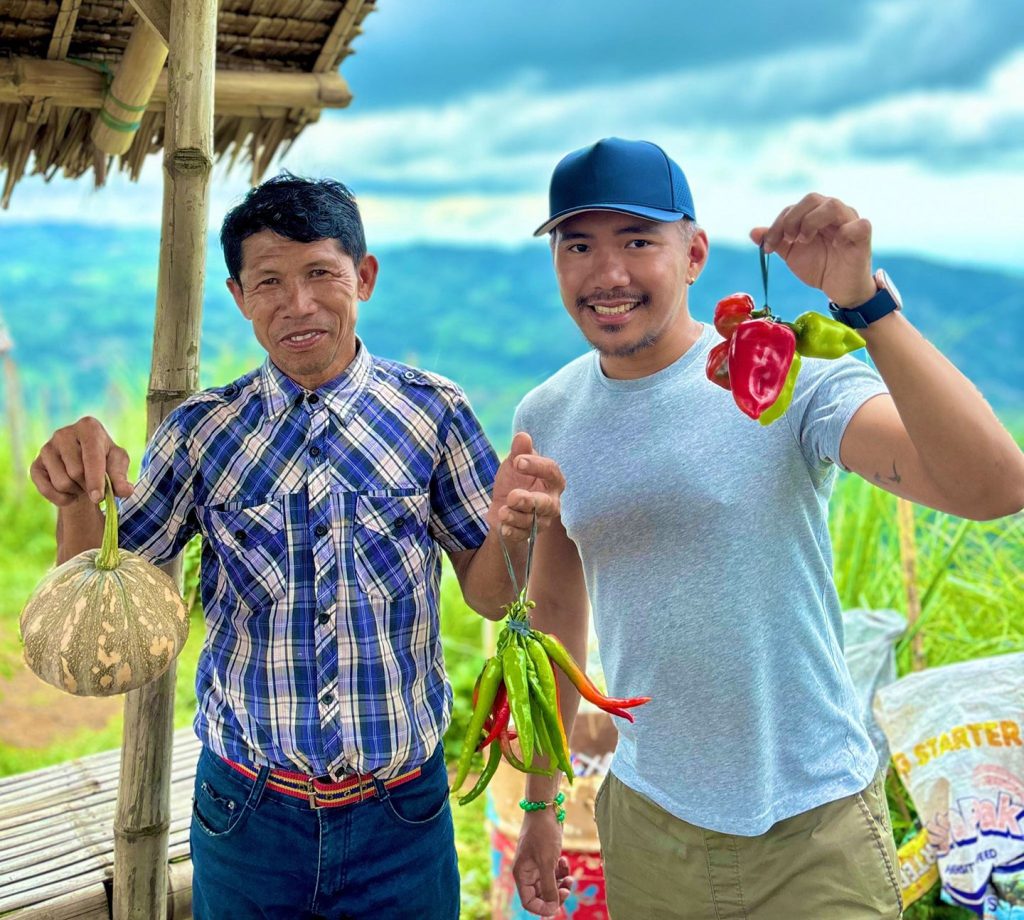
As I wrapped up my mission, Luzviminda’s reluctance to be labeled solely as part of an indigenous community sparked a thought-provoking discussion on societal attitudes and opportunities. Despite encountering discrimination and limited resources, she emphasized the vital connection between their environment and daily lives, shedding light on the disparities in support reaching rural communities like hers. How the mountains has given them the chance to thrive even when opportunities are dire and are mostly given to people in towns and cities.
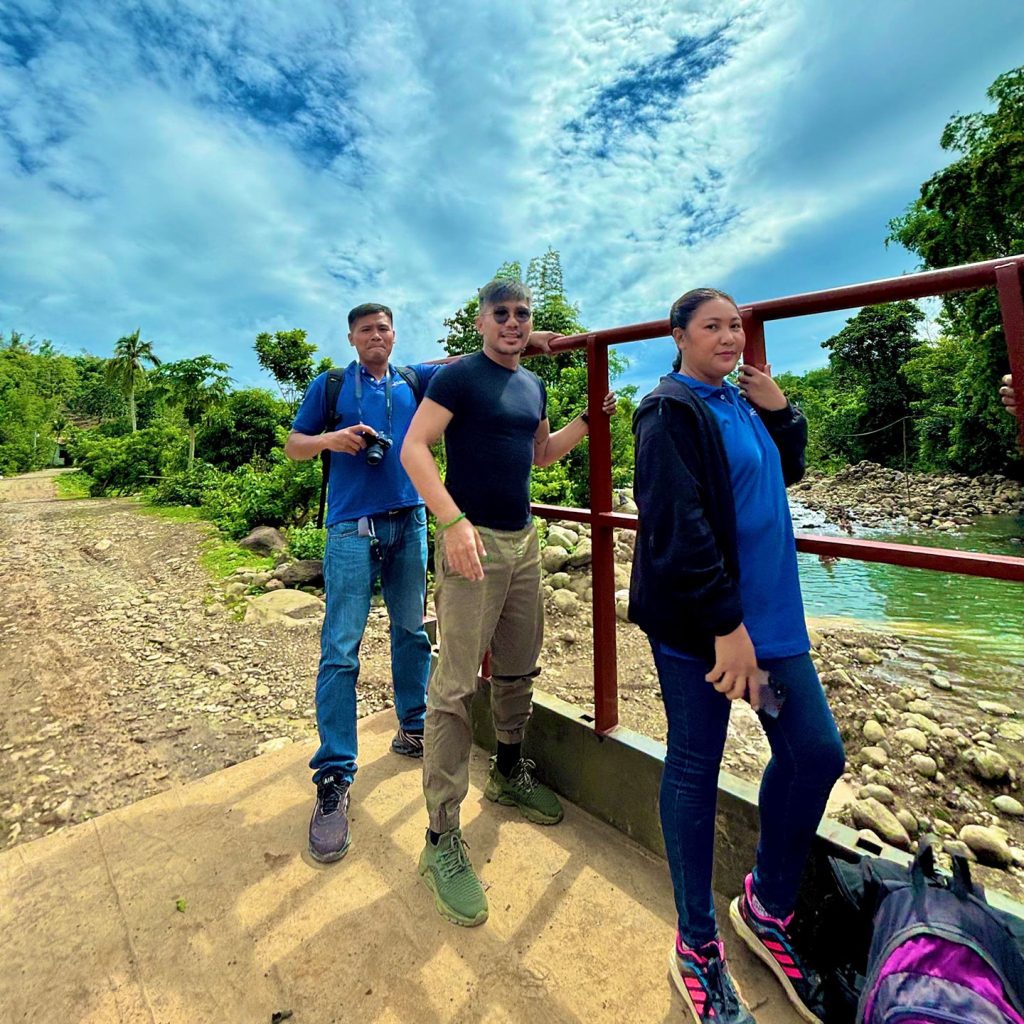
Traveling for hours on treacherous roads under the blazing sun to reach remote mountain villages, I gained a newfound admiration for the local social welfare workers, who undertake these arduous journeys daily, often for meager compensation.
While these communities already possess a profound understanding of the environment, the workshop aimed to enhance their knowledge and culture to promote sustainable environmental practices. It became evident to me that collaborating closely with these communities is essential to achieving lasting environmental protection, especially in the wake of devastating forest fires.
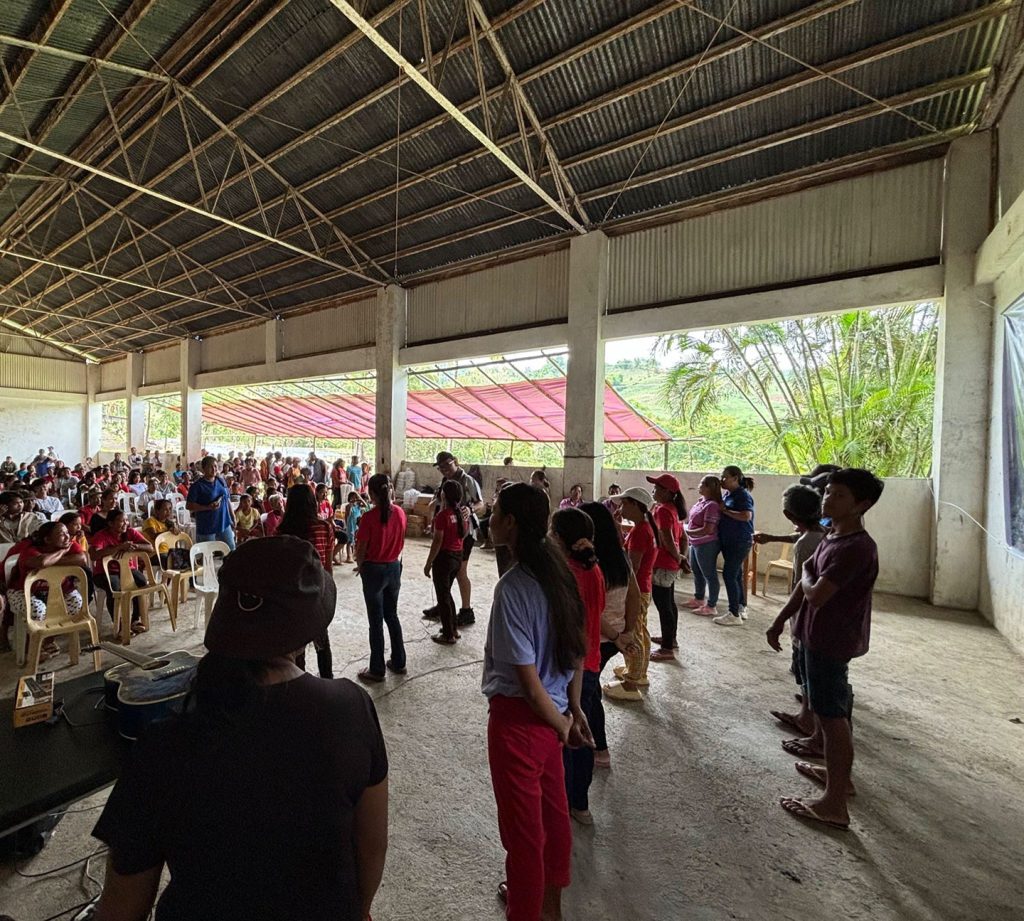
I was deeply moved by Luzviminda and the broader community’s unwavering commitment to participating in our interview(s), despite enduring a challenging journey to meet with me. Her determination to ensure her community’s inclusion in my assessment, even at personal inconvenience, served as a poignant reminder of the resilience and agency often overlooked in discussions on welfare programs. In that moment, I recognized the significance of amplifying voices like Luzviminda, whose dedication and fortitude shape the narrative of marginalized communities striving for recognition and support.
As a humanitarian worker, I am continually inspired by the stories and dedication of the indigenous communities I encounter. Their contributions to the environment and the nation’s food supply are invaluable. It is imperative that we bolster our support for these communities, facilitating access to justice, ensuring they have a voice, and empowering them to participate in nation-building endeavors.
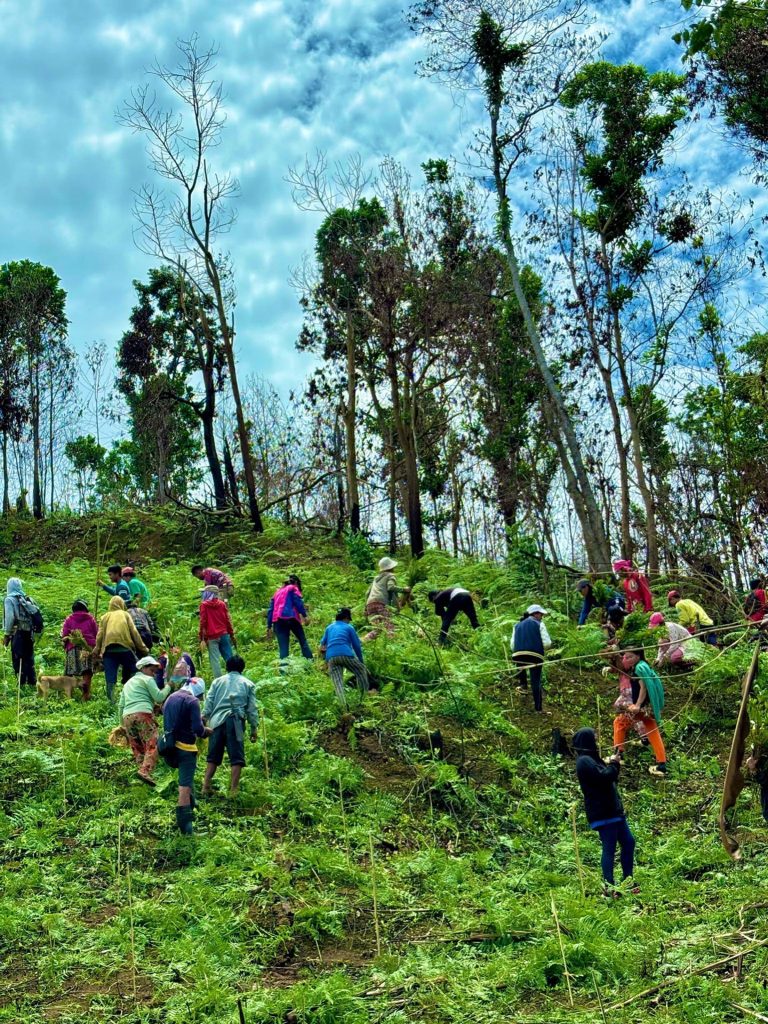
Working on human rights and humanitarian programs in the Philippines for both international agencies and local governments has presented a unique set of challenges. While academic research is crucial in understanding various issues, there is a glaring gap when it comes to capturing the human stories and daily struggles of marginalized communities on the ground. I believe that firsthand experience is essential to truly comprehend the challenges faced by the communities we strive to assist and empower. The importance of adopting a human-centered approach that transcends data and statistics cannot be emphasized enough.
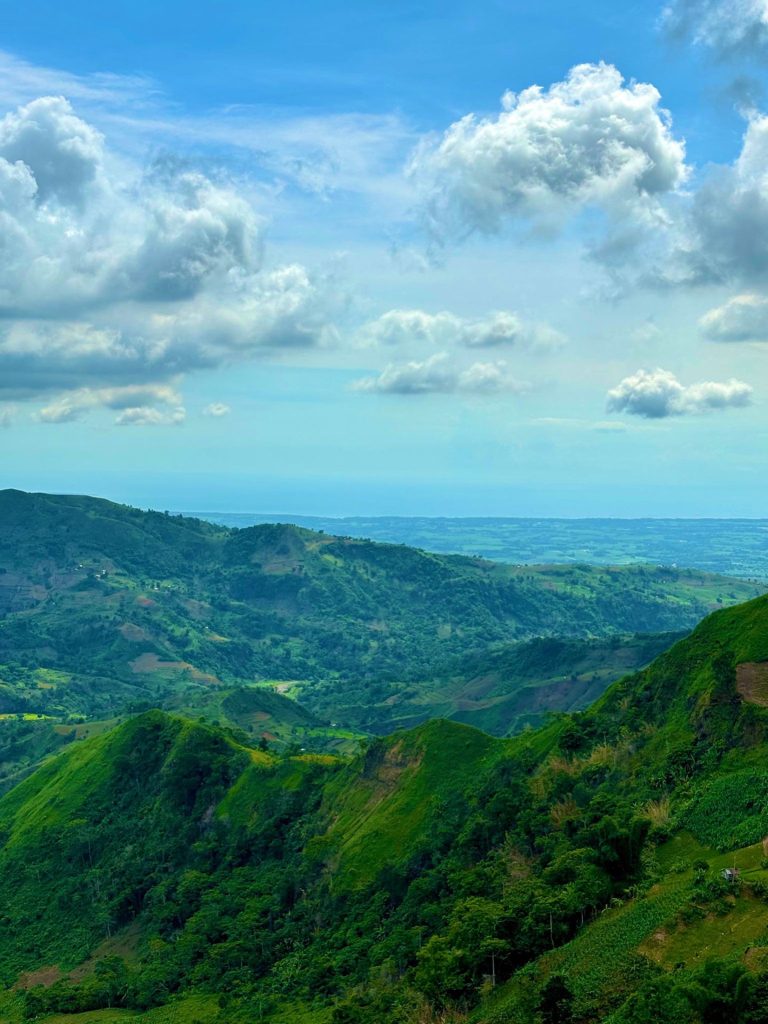
In the recent 3rd State of the Nation Address (SONA), Philippine President Ferdinand Marcos highlighted Environmental Management and Climate Justice as key priorities for the country. However, it is concerning that there was no mention of improving welfare programs for Indigenous communities or increasing agricultural support for them. Additionally, the absence of Anti-Discrimination and Human Rights Defender Protection raises questions about how government services can be made accessible to every Filipino across all walks of life, particularly those advocating for the protection of their land and communities.
To truly unite the country, inclusivity must be at the forefront of our efforts and research. It is crucial that no one is left behind as we work towards a better future for all. The stories and voices of indigenous communities are invaluable and deserve to be heard. It is only through listening, contextualizing our studies, and elevating these voices that we can create a brighter and more equitable Philippines for everyone.

